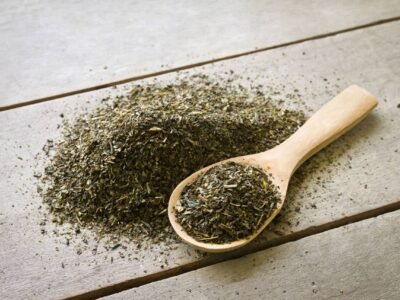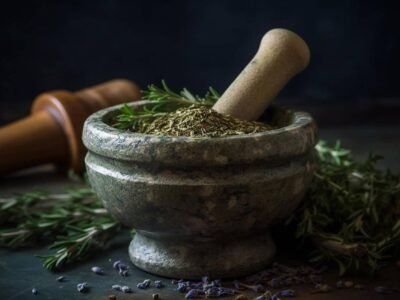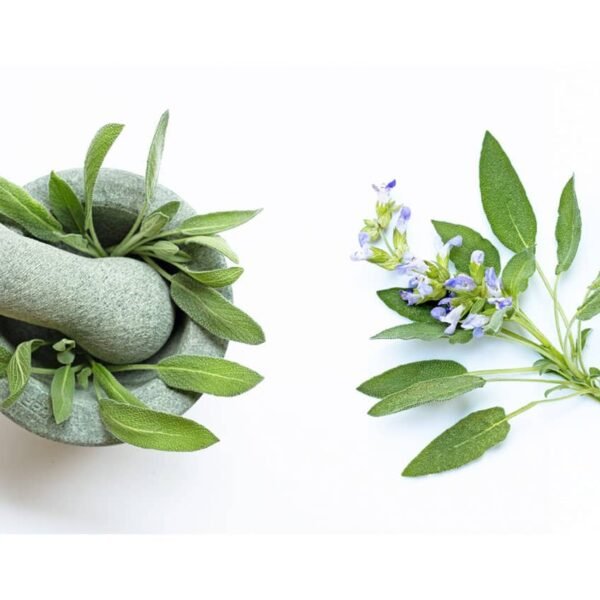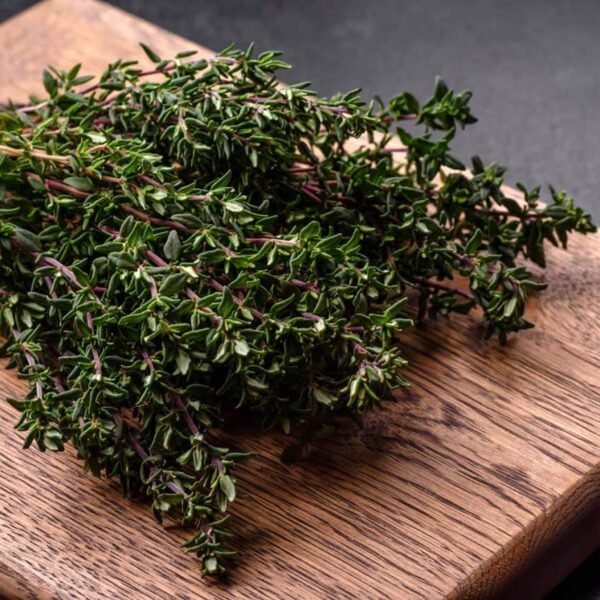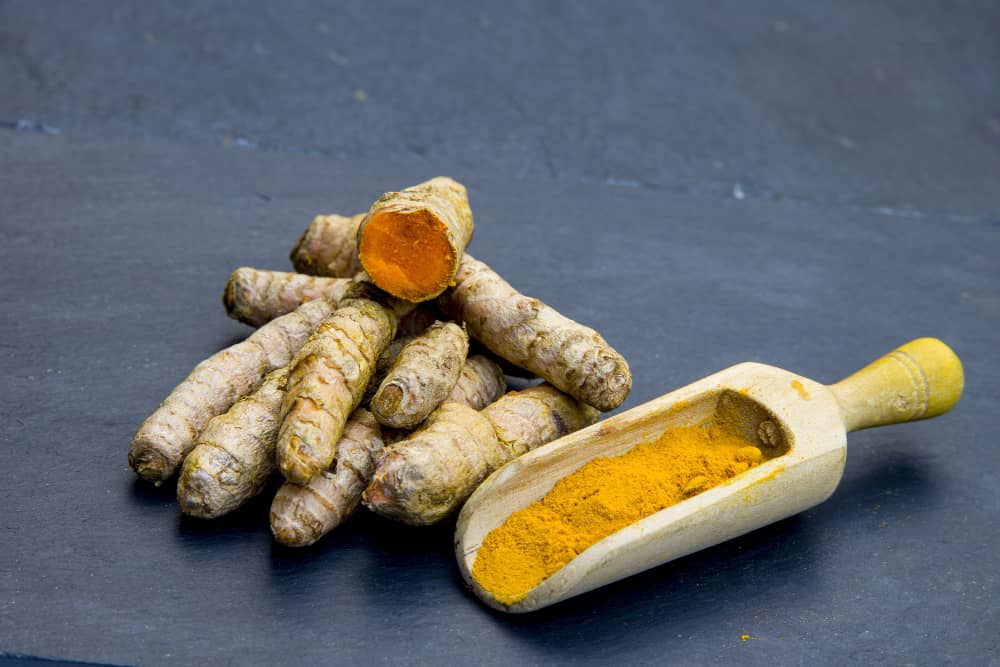
What is turmeric?
Turmeric is a spice that has been used in India for centuries. It is made from the roots of the Curcuma longa plant and has a deep orange-yellow color. Turmeric is commonly used in curries, and is what gives them their characteristic yellow color.
Turmeric has many health benefits. It is a potent anti-inflammatory and antioxidant, and has been shown to be effective in treating arthritis, heart disease, and cancer. Curcumin, the active ingredient in turmeric, has also been shown to boost brain function.
You can easily add turmeric to your diet by cooking with it, or taking it in supplement form. If you are taking turmeric supplements, be sure to follow the dosage instructions on the package. Some people may experience gastrointestinal side effects when taking turmeric, so it is best to start with a lower dose and increase gradually as tolerated.
What are the benefits of turmeric?
Turmeric is a spice that has been used in India for thousands of years. It is made from the dried, ground root of the Curcuma longa plant and has a deep orange-yellow color. The main active ingredient in turmeric is curcumin, which has powerful anti-inflammatory and antioxidant effects. Turmeric is a popular natural remedy for a wide variety of diseases and conditions.
It is an effective anti-inflammatory agent, can help improve brain function and may even help prevent cancer. Here are some of the main benefits of turmeric:
1. Anti-inflammatory effects The main active ingredient in turmeric, curcumin, has powerful anti-inflammatory effects (1). This is beneficial considering inflammation is at the root of many chronic diseases, such as heart disease, Alzheimer’s and cancer (2, 3). Curcumin suppresses inflammation by inhibiting several key molecules that play a role in the inflammatory process (4).
It also boosts the activity of anti-inflammatory substances in the body (5). In one study, people with arthritis who tookcurcuminoids experienced reduced pain and improved mobility (6). Another study showed that curcumin was just as effective as the anti-inflammatory drug diclofenac at reducing pain and improving function in people with osteoarthritis (7).
Curcumin may also be beneficial in treating inflammatory bowel diseases like Crohn’s disease and ulcerative colitis (8). Animal studies have found that it can help repair colon damage caused by these conditions (9, 10).
2. May improve brain function Turmeric may also help improve brain function. Curcumin boosts several important brain chemicals that are linked to memory and cognitive function (11). These include serotonin, dopamine and noradrenaline (12).
It also increases levels of brain-derived neurotrophic factor (BDNF), a protein that promotes nerve cell growth and protects against age-related cognitive decline (13, 14).
In one study, elderly people who took curcuminoids had improved memory test scores after eight weeks (15). Studies on animals show that curcumin can help reduce symptoms of Alzheimer’s disease by reducing inflammation and removing amyloid plaques from the brain (16, 17).
3. May have anticancer properties Curcumin has been shown to kill cancer cells and prevent more from growing. It does this by blocking the growth of blood vessels that feed tumors, as well as by inducing cell death (18). Curcumin has been shown to kill cancer cells in many types of cancer, including breast cancer, skin cancer, stomach cancer and pancreatic cancer (19, 20, 21).
However, it’s important to note that these effects have only been observed in test tube studies so far. More research is needed to see if turmeric has similar effects in humans. Nevertheless, consuming turmeric may still be beneficial for people with cancer. One study showed that it helped reduce chemotherapy side effects such as nausea and vomiting in people with cancer (22). Another study showed that it improved quality of life and mental health in people with breast cancer (23).

How can I add turmeric to my diet?
Turmeric has many health benefits. One way to add turmeric to your diet is to make a turmeric tea. Another way to include turmeric in your diet is to add it to your cooking. Try adding it to curries, soups, stews, or rice dishes. You can also use it in baking, such as in cakes or cookies.
Are there any precautions I should take when using turmeric?
Turmeric is a spice that has been used in India for centuries. It is becoming increasingly popular in the United States as an herbal supplement, due to its purported health benefits. While turmeric is generally considered safe, there are a few precautions you should take if you are considering using it.
First, turmeric can act as a blood thinner, so if you are taking any blood-thinning medication, you should talk to your doctor before taking turmeric supplements. Second, turmeric can increase the production of stomach acid, so if you have any conditions that involve stomach acid (such as ulcers), you should talk to your doctor before taking turmeric supplements.
Finally, turmeric can interfere with some medications (such as diabetes medication), so if you are taking any medications, you should talk to your doctor before taking turmeric supplements.
Final words
Turmeric is a spice that has been used in India for centuries. It has a long history of use in traditional Indian medicine and is now gaining popularity in the West as a natural remedy for a variety of health conditions.
Turmeric contains a compound called curcumin, which has powerful anti-inflammatory and antioxidant properties. These properties make turmeric an effective treatment for a wide range of conditions, including arthritis, inflammatory bowel disease, and even cancer.
If you want to add turmeric to your diet, the best way to do it is to add it to your food. You can also take supplements, but it’s best to talk to your doctor first. There are a few precautions you should take when using turmeric, such as avoiding it if you’re pregnant or breastfeeding, and not taking it if you have gallstones or are taking blood-thinning medications.
Overall, turmeric is a safe and effective way to treat a variety of conditions. If you’re looking for a natural remedy, give turmeric a try.




